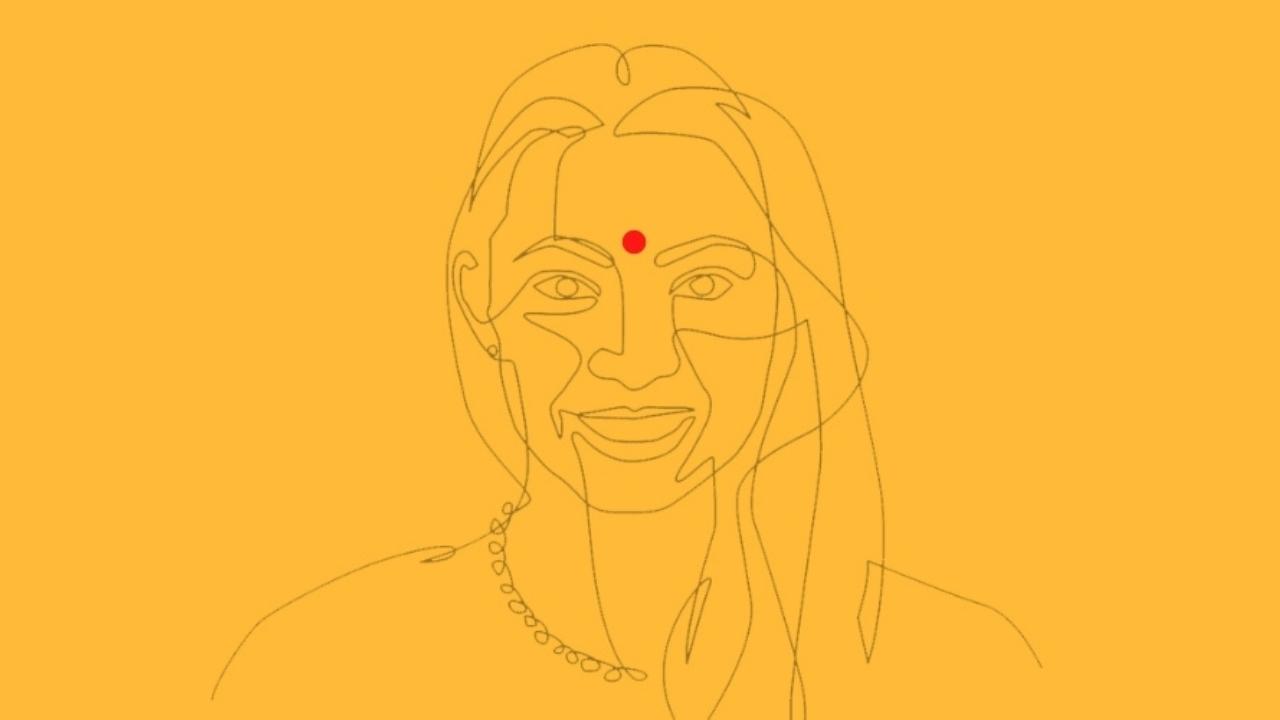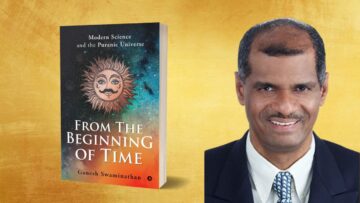Background:
The Indic Academy has kickstarted the process of rejuvenated thinking on Indic Feminism with the appointment of Sumedha Ojha Verma as a member of Environment, Social and Governance Council with a specific focus on Indic Feminism.
This was followed with a path breaking seminar on Indic Feminism on 7th November 2020 by Indica USA. Building on this and with a view to establishing new and in-depth paths of research, Indic Academy calls for applications for 6 short term fellowships of 6 months to a year for research as it is time and more that 600 million women find their voices and put Indian women at the centre of the Indian discourse on Feminism.
The history of Feminism gives any thinking person pause for thought and the brings out the need for revision in thinking. From its beginnings in Revolutionary France and the 18th and 19th century fight against discrimination in property rights, suffrage, education, working conditions , all rooted in a Christian European context, Feminism has not really moved much in terms of its structure and epistemology. However, Europeans have succeeded in universalisation of this concept , in fact exported it wholesale to the world and it has been accepted as a valid tool for theory, practice and policy. The First Wave Feminism of the 19th and early 20th centuries was followed by the Second Wave in the 1960s when culture, politics and power differentials came to the fore.
The Indic/Hindu space has been captured, exclusively almost, by a particular ideological position; that of the conflict theory of Marxism. The woman question then, is always posited in terms of contempt for the epistemology, structure and understanding of the Indic tradition; the Vedic corpus and the Dharma Shastras. The traditional organisation of society is seen as implacably against women, traditional being a synonym for regressive, exploitative and backward.
This framework needs to be challenged on epistemological, methodological and evidentiary grounds and some rigorous research work is needed for this.
About the Research:
Through a new and properly focused study of works in Indic languages in the original versions (especially Sanskrit) it is time to arrive at a fresh and clear understanding of what was posited in these works about women. Then, evidence from history, archaeology, numismatics, epigraphy and other sources must be compared with theoretical approaches to come to some more valid conclusions about Indic women. These will be more valid simply because they will be evidence and not ideology and opinion based. This will be an emic rather than imposed and artificial understanding.
A contrast between Western and Indic Feminism must also be made as they work in practice dealing with real societal issues.
Lastly and most importantly, any Indic framework must be evaluated in the light of the solutions that it can offer for real problems; solutions that are workable, innovative as well as family and community focused. An approach that builds societies instead of creating more fissures.
These research fellowships will make a start towards doing this, towards putting in place an Indic framework for understanding Indic women and considering different aspects of women’s lives. The varnashrama system and the four purusharthas could be a good starting point for building the theoretical edifice of Indic Feminism and crucial to see how this will work in practice.
Areas of Research:
- The Itihaas Puranas and the Dharma Shastras are a critical source for research. Using authentic versions, preferably in Sanskrit or other Indian languages , personalities, events, practices or rituals can be selected for writing a focused paper . This should reflect an accurate description/ summary/ summation of the topic chosen with adequate attention to the contemporary impact of this topic. For instance, Sati, Seeta’s fire-test after Shri Ram defeated Ravana, widowhood, divorce and remarriage in the Dharmashastras, Jauhar, education of women or any other such topic.
- A discussion of pressing issues/problems in Indian society which beset women and solutions for them in an Indic framework . Violence against women, rape and sexual harassment, gender pay gap, Feminism to Feminasism, disproportionate share of housework for women, re-organisation of the work place due to the Covid Pandemic etc.
- The Rights based legal order and reliance on old outdated laws as well as British jurisprudence has often led to creation of more problems after the establishment of pro-women laws. An analysis of the impacts of these laws on society is urgently needed.
About the Research Fellowship:
Indic Academy , through its short term fellowships aims to give a fillip to in-depth research which will build up content in the area of Indic Feminism with evidence based, rigorous work.
This will help not only in understanding issues but provide inputs for larger changes in policy to achieve the ends of putting women at the centre of the discourse and giving them a safe secure position in society to achieve their chosen purusharthas and self-realisation.
We invite, therefore, applications for the grant of short-term fellowships ranging from 6 months to a year to produce an original paper between 5000 and 10,000 words. Suitable remuneration starting from 10,000 INR per month will be provided.
Qualifications:
Scholars, Academics and Research students may apply. Details of remuneration and research are flexible depending on the topic and the depth and range of research resources needed. Young students who have finished a B.A / BSc degree or will finish it in 2021 may also apply. Researchers may be individuals or small NGOs working with women or around women’s issues in the field.
Application Procedure:
Interested candidates should submit the following in English to namaste@indica.org.in by 15th of March.
- Research proposal in 500 words or less
- CV
- Examples of writings done earlier
Shortlisted candidates will be interviewed & shortlisted by Sumedha Ojha Verma, Member ESG Council – Indic Academy.






